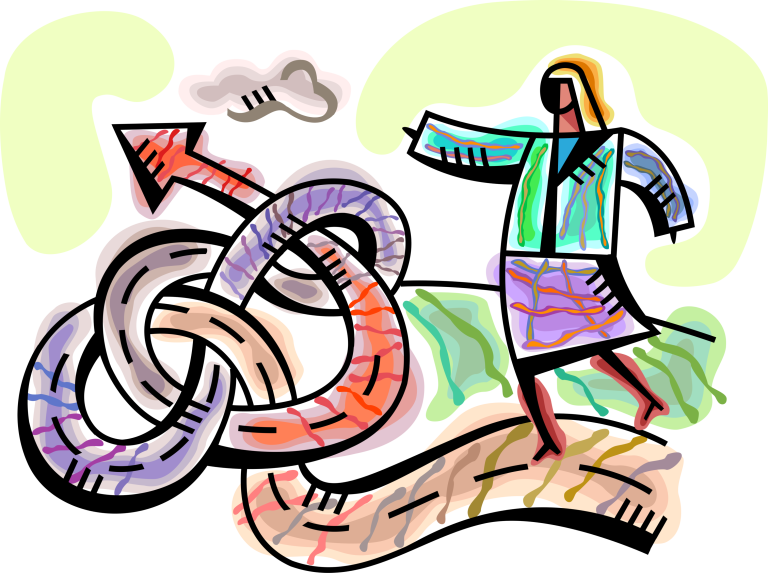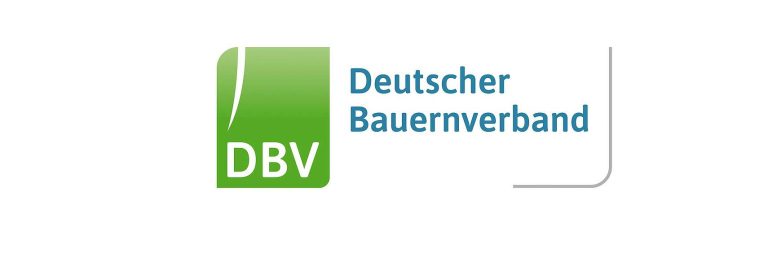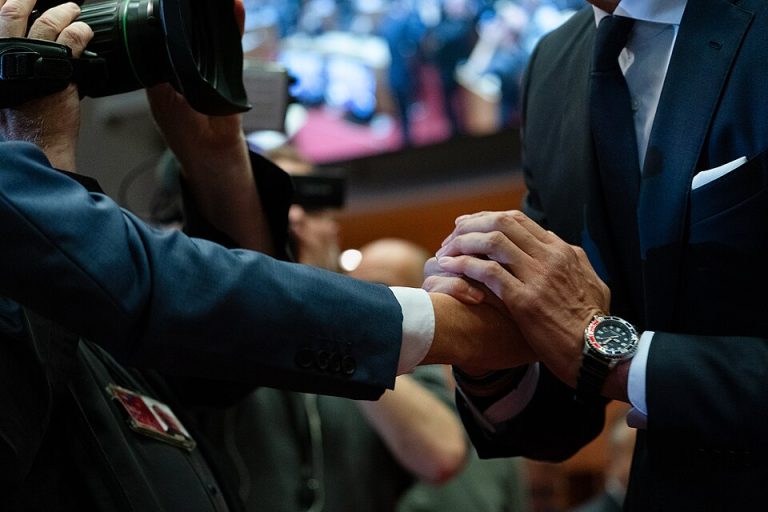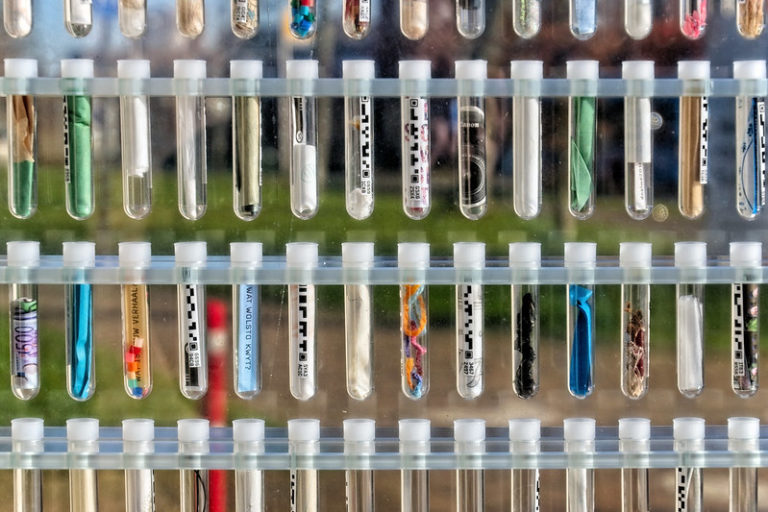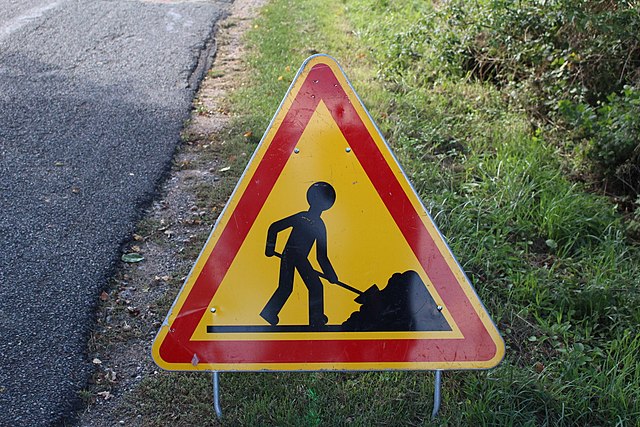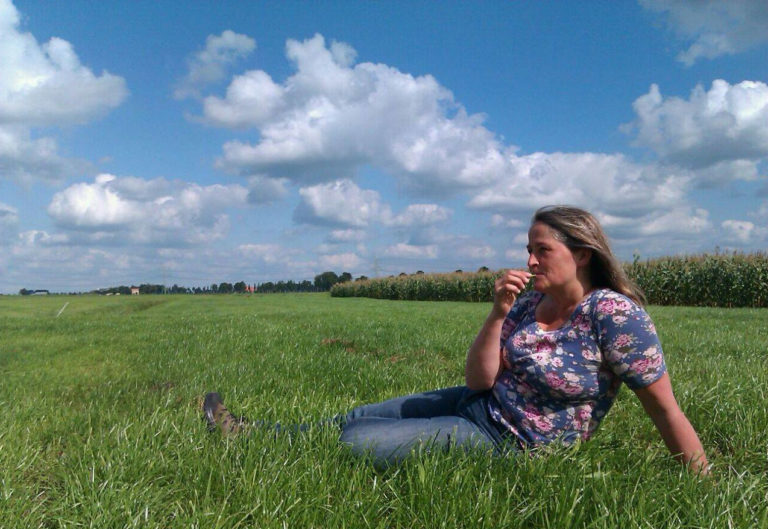Modifying EU and EPO patent legislation: a wasted effort ?
In the spring of 2024, opponents of patents on living organisms won a victory in the European Parliament, including the desire to exclude products derived from NGTs from patentability. However, several major hurdles still need to be overcome, particularly the adoption of the majority of these measures by the European Patent Office.
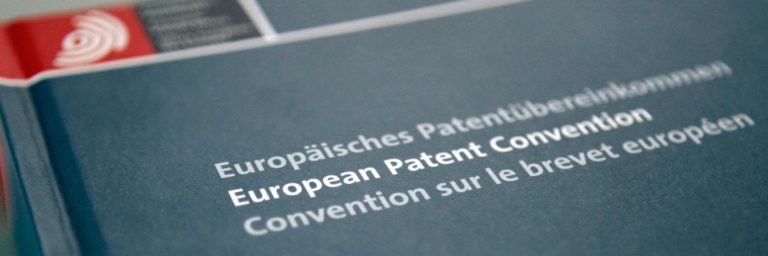
In Europe, patents on living organisms are regulated by the European Patent Convention (EPC), which governs the European Patent Office (EPO), and the European Union (EU) Directive 98/44 on ‘biotechnological inventions’. In June 2023, the EU also adopted its own legislation on unitary patents, which applies to all fields of technology. The patentability of ‘new genomic techniques’ (NGTs) has entered the debate about the deregulation of NGTs, to the point of blocking the outcome (see pp. 9-10). If the negotiating position on the deregulation of NGTs ultimately adopted by the European Parliament contained provisions aimed at amending EU legislation, what would be the effects on the EPC?
Substantive changes to patentability
In the NGT deregulation procedure, the debate on patents focuses in particular on the exclusion from patentability of products derived from NGTs, the retention of patentability of processes, albeit with limits for some of them, and the inherent consequences (see p.9-10). Several proposed amendments on these issues, voted by the European Parliament at second reading, make explicit reference to articles of Directive 98/44.
Some supporters of these amendments explain that excluding NGT products from patentability could, for example, prevent monopolies on genetic resources. Other supporters see it more as a way of sharing the genetic resources generated by these technologies. The opponents of these amendments fear that such exclusions will slow innovation by reducing the incentives for investments in research and development, which are essential for progress in biotechnology. Of the two opposing camps, the one in favour of excluding NGT-derived products from patentability won the first round. But even if the latter were to win the battle at EU level, there is nothing to suggest that some of these amendments could be adopted at the level of the EPO or the European unitary patent, the key bodies of the patent system in the European Union.
An unlikely outcome
Any amendment to Directive 98/44 will have to be agreed by the Commission, which alone has the right of initiative on a new text. This could happen either at the positive conclusion of the trialogue with the Parliament, which has already voted on the text, and the Commission, or after the adoption by this trialogue of an initial text avoiding this subject. If a text including the exclusions from patentability mentioned above were adopted by the Commission, we would still be a long way from its implementation.
The applicability of an amended Directive 98/44 in the European patent system could be achieved through two options, the first of which would involve amending the EPC. The other would leave each EU Member State to apply this new directive, with the risk of inconsistencies and challenges (to the) for uniform application of the rules on the patentability of biotechnological inventions in Europe.
Amending the EPC will be difficult, however, because it is legally independent of the EU. Thus, a legal act of the European Union is not necessarily binding on the EPC. In addition, not all member states of the EPC are part of the EU, such as Switzerland, Turkey and Norway.
In July 2017, the EPC had already complied with Directive 98/44 by amending Rule 28.2 of its Implementing Regulations to exclude from patentability plant and animal products obtained exclusively by means of essentially biological processes. The influence of this Directive on the EPC may not be sufficient in the more complex and sensitive subject of the exclusion from patentability of products derived from NGTs.






